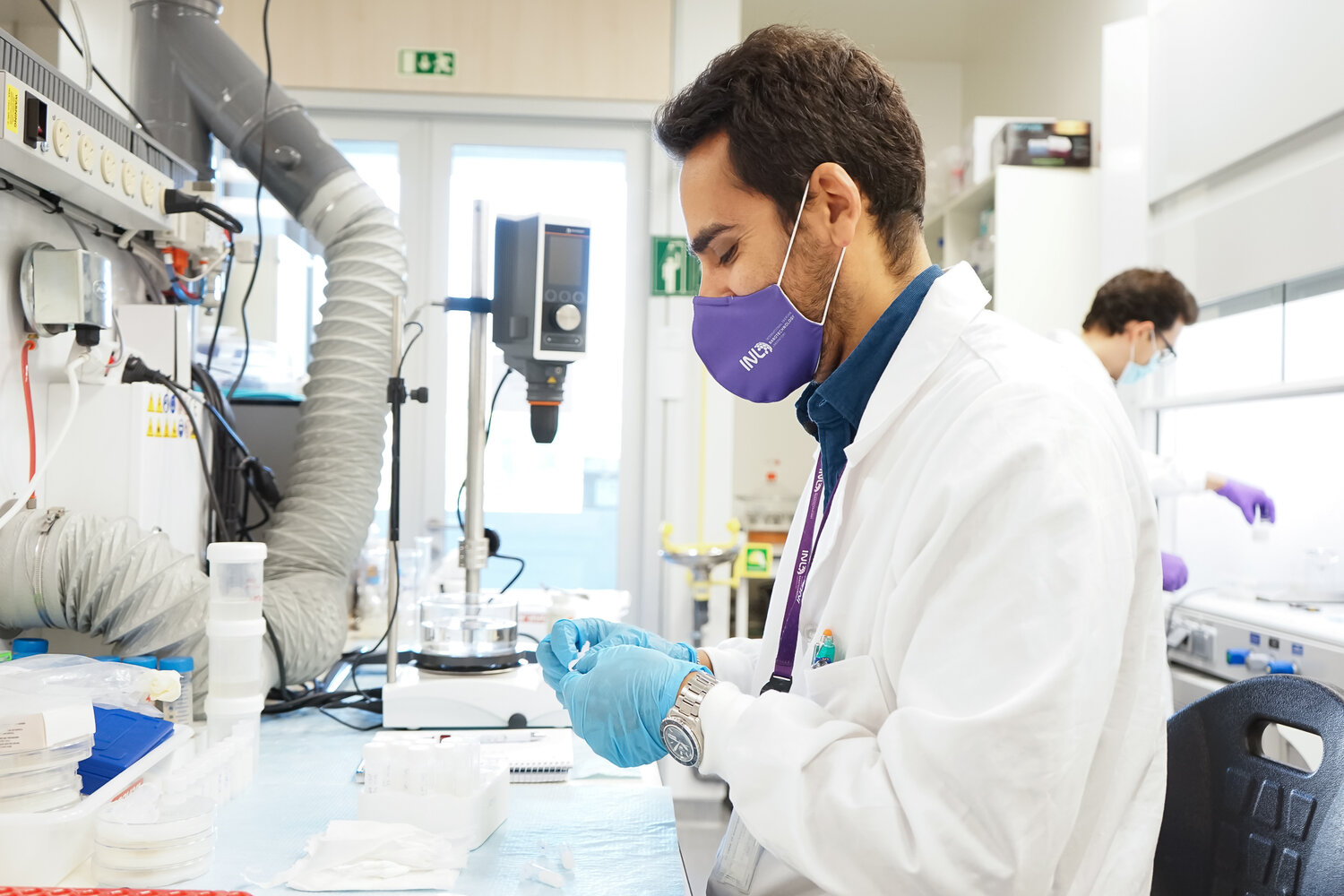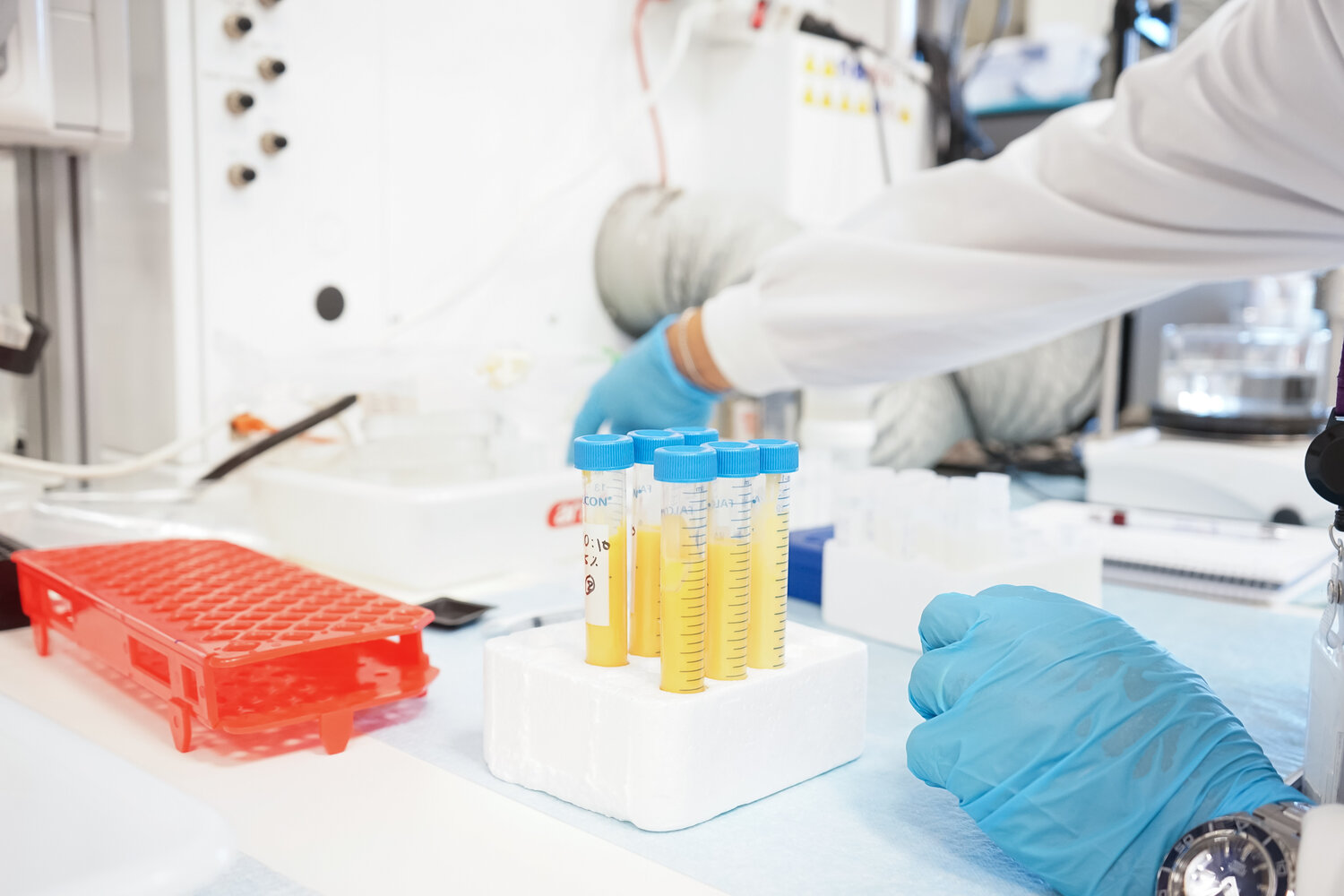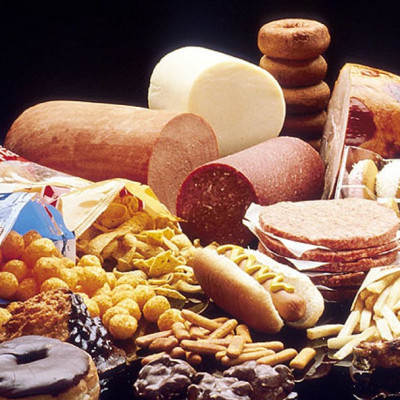Artur Martins holds a Master degree (2010) in Biological Engineering and a PhD (2019) in Chemical and Biological Engineering, both from the University of Minho (UM). As a recognition for the technology developed during his PhD, Artur Martins won in 2017 the Food & Nutrition Award for Research and Development.

Can you tell us what you are working on at present?
As of right now, I am working on the development of bio-based structures that can act as substitutes for unhealthy fats in foods, they can also manipulate the texture properties and also improve the nutritional profiles of food products.
These structures are edible materials, that result from oil structuring techniques that produce oleogels. Oleogels are versatile and can be used as templates for the reduction or elimination of saturated and trans fats, for the delivery of bioactive and to tailor nutrition in products such as meat, pastries or even ice-creams.
Why did you decide to work in the development of bio-based structures for food applications?
During my Master, I developed an interest in food science and technology. After returning to Portugal, from my time abroad during the last year of my Master studies, I followed an opportunity to work on a research project that was focused on cheese processing technologies, following that I worked on a very big project related to food packaging, and I think at that moment I was able to understand the main challenges and the overall work that comes into play for the development of innovative solutions for foods. Afterwards, I pursued the Ph.D. and at that point was when I realised what I would be doing in the future.

How would you explain the importance of your work area to a non-scientific person?
I do believe that food science is essential for the human race. In the sense that, the impact that food has on our lives is massive and quite complex. Is very difficult to imagine a World without the essential roles of food science and technology to assure overall food safety, food preservation, food availability and also food sustainability. The understanding of food composition and what happens to the food constituents in our body after we eat our food is crucial. Here is where nutrition comes to play, meaning that important scientific work makes possible the production of fortified foods, aiming to tackle challenges such as malnutrition and cardiovascular disease. It is also because of food science and food processing technologies that we can experience all different kinds of food, from whole over the world.
Our main goals focus on the development of innovative solutions that comprise the ability to increase products consumption periods, preserving organoleptic characteristics, and contributing to the improvement of foods nutritional profile, hence helping to improve the health of the consumers.
What inspires you and excites you about science?
Growing up I’ve always questioned everything, and the most interesting answers were always the ones based on science. I feel the same way today. Being able to witness all the everyday innovations within this field is truly inspirational and challenging at the same time.
In my opinion, when you sense that you are contributing to advance the scientific knowledge about something, that is exciting and rewarding, and I feel very fortunate to be able to give my contribution.
Read the original article on International Iberian Nanotechnology Laboratory (INL).
